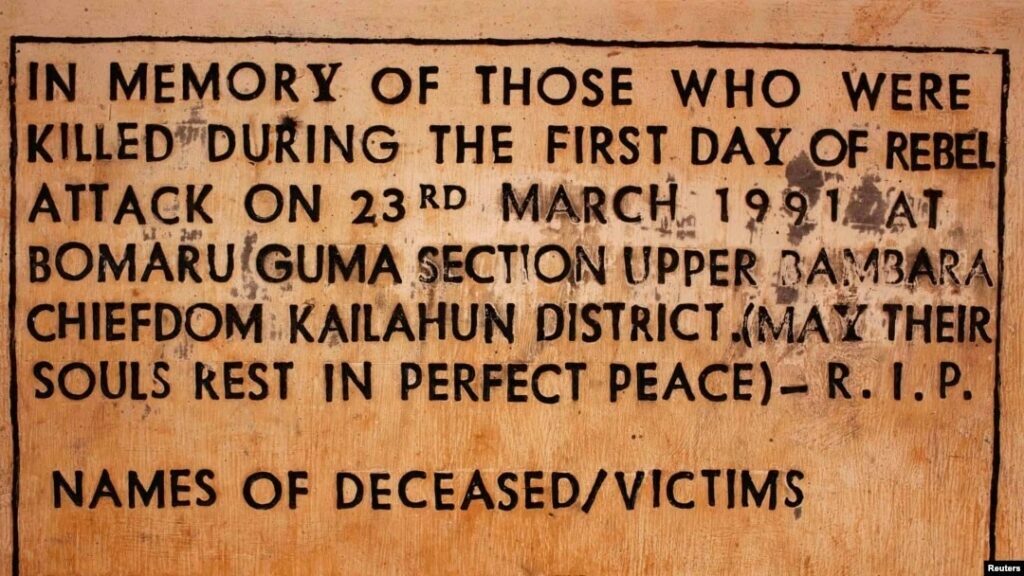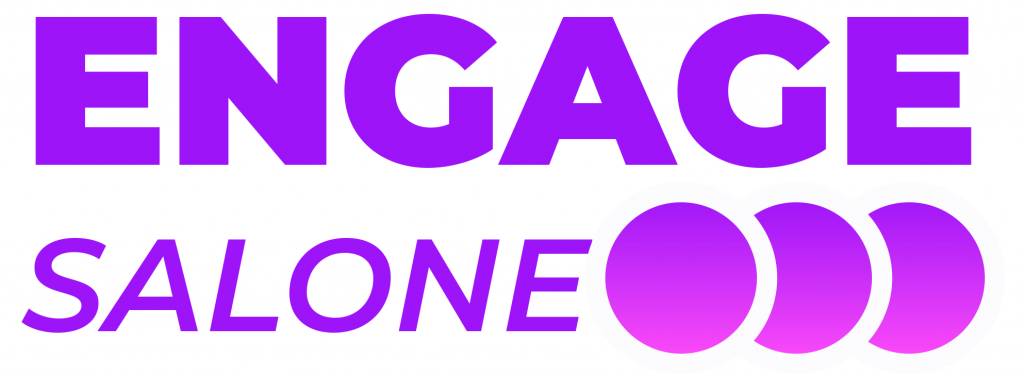January 6, 1999 was definitely one of the darkest days in Sierra Leone’s history. The carnage was unimaginable. A combined group of rebels and rogue soldiers descended on Freetown with unrivalled violence, turning the city and its environs into a theatre of bloodbath and destruction. Those old enough still remember the events. We must be quick in noting that long before 1999, many parts of the country were served their own version of bloodshed and destruction that January 6 was to people in Freetown. But as years go by, the events tend to recede into distant memory, worthy only of social media mentions and prayers. The State, the media, civil society and people have generally moved on. Only a few take time to remember January 6 and many other events of the civil war.
Sierra Leoneans move on quite easily. The problem with that attitude is that a society that forgets so fast and easily does not learn. That is why this piece is dedicated to those dark episodes in our nation’s history— the need for serious state-led memorialization efforts, reflection, learning and healing.
Between 1991 when the war started and 2002 when it officially ended, a lot happened. Things that we should not be proud of as a nation, but we definitely should not forget about. The Truth and Reconciliation Commission (TRC) did an incredible job of documenting what happened. The final report is an invaluable body of work with history, context, testimonies and helpful recommendations on how to correct the wrongs of the past and build a post-conflict country that works for all. Plus, a lot of money was spent to get that done. Of what use will all of this be if, as a nation, we choose to relegate significant events to the remotest part of our collective memory and consciousness?
This is precisely why we argue that the State must treat our war history seriously. It is an epoch that affected many lives and shaped the future of many young Sierra Leoneans who were not even born at the time. This is why our war history deserves to be a national project that prioritises meaningful memorialisation. Events such as the start and end of the war, and everything in-between, including January 6 must not be seen as mere punctuations in our history. These are not just linear accounts with superficial historical value. These events are far more significant because they offer an opportunity to first of all remember—remember what happened, remember those we lost, remember how far we have come and reflect. There is education and healing in remembrance.
There are useful examples of how history and memorialization have been used to teach various generations of society about significant events. As unfortunate as events like the Holocaust were, the Bosnia and Rwanda genocides and similar events before them, those societies have done a good job in memorialisation and remembrance. Our context was different in many ways, but we have to own our history and make the most out of it. Whether by genocide or civil war like Sierra Leone’s, events costing hundreds of thousands of lives and spanning more than a decade cannot be allowed to just disappear from our memory. When we allow that to happen, we are not only nurturing an ignorant generation but also disregarding our collective loss and disrespecting the sacrifices of those that paid the ultimate price.
On the flip side, when we remember these events and treat them with the seriousness they deserve, we offer young people an opportunity to learn. We give ourselves time to reflect as a society. We take stock of the progress that we have made. We revisit the question of restorative justice—reparation and healing. Healing on both individual and collective levels. That we collectively suffer from unattended post-traumatic stress is almost a matter of fact. All man heart wam, all day we cuss en fet na trit because we have not really engaged with our past in ways that meaningfully interrogate how that might have affected our attitude to everyday violence, sexual violence, crime, drug, intolerance, value for life, human pain and suffering.
That said, we have to acknowledge the efforts of small organisations like the Centre for Memory and Reparation which, with support from the Africa Transitional Justice Legacy Fund, has taken on the role of building on initial memorialization efforts and bringing a new approach to remembrance. They have gone on to identify and mark mass graves and established a monument dedicated to all those who died in the war. We need to do more of this, and the State must not only recognise such efforts but support them to carry on, scale up and mainstream memorialization. Part of our problem is that we do not invest in preserving our rich history and heritage. We do not tell our stories. And we do not seem to appreciate the value of what we have. Take an example of the Trans-Atlantic Slave Trade. Or turn to our prestigious place in the history of journalism in Africa. Forget the “Athens of West Africa” inferiority nonsense but focus on our place in the history of modern education in Sub-Saharan Africa. Because we have not focused on preserving this heritage, history and contribution, young people do not know the value, cannot adequately trace our past and are not excited to do so. The State gains nothing too. It is the same mentality that undermines our ability to memorialise and embrace our history and troubled past.
We are not saying that we should declare a string of public holidays to mark January 6 or March 23. We are not saying that we should ignore other pressing issues and commodify our past. Well, it is fine if we can make money off it as a nation, but there are simple things we can do to show that we are serious about preserving our history and remembering the past. The State only needs to make this a priority and work with other stakeholders and communities to make it happen. Setting aside a national day of reconciliation [and reflection] as recommended by the Truth and Reconciliation Commission (TRC) is much needed and campaigners such as the Centre for Memory and Reparations have been making that call too.
The media plays an important role as witnesses to and recorders of history as it happens. We did a lot of that during the civil war. The media also contributed to promoting peace efforts and safeguarding democracy under extremely difficult circumstances, especially when soldiers seized power in 1997. The same could be said for civil society. They challenged the junta and took on Sankoh and his bandits. All of that can only be adequately remembered and celebrated if we take on the cause of memorialization and do not allow ourselves to forget. While we expect the state to lead these efforts, the media and the rest of civil society have an important role to play.
To forgive is wise but to forget is foolish. Happy New Year and let’s make 2023 a year to remember and embrace our history in all its imperfections.
About The Author
- Engage Salonehttps://www.engagesalone.org/author/eng21_admin/
- Engage Salonehttps://www.engagesalone.org/author/eng21_admin/
- Engage Salonehttps://www.engagesalone.org/author/eng21_admin/
- Engage Salonehttps://www.engagesalone.org/author/eng21_admin/


